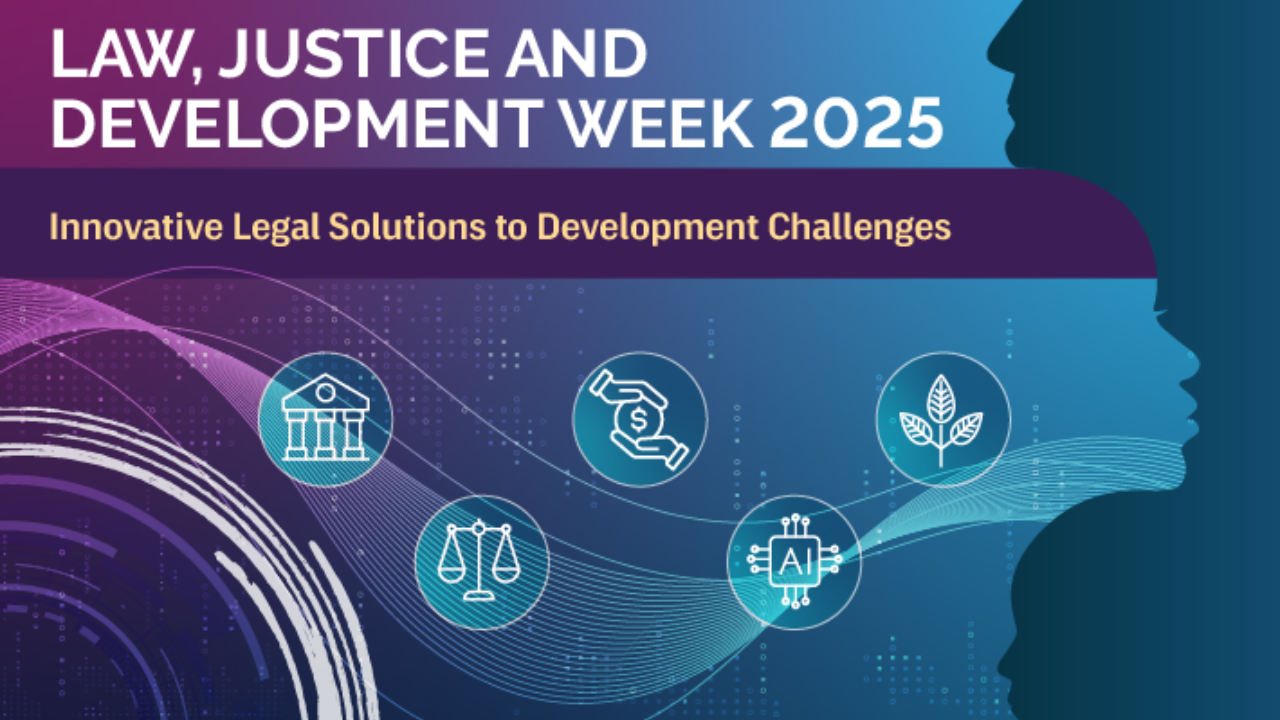
Introduction
Transparency in public institutions is a core element of a functioning democracy. When governments, courts, and administrative bodies operate with openness, citizens are empowered, corruption is deterred, and trust is built. Legal professionals—judges, lawyers, prosecutors, and legal scholars—are uniquely positioned to champion transparency, not just within the justice system, but across the entire fabric of public governance. This article explores the practical and strategic ways legal professionals can promote transparency, strengthen institutional integrity, and protect public interest.
Why Transparency Matters in Public Institutions
Transparency refers to the accessible, open, and accountable conduct of public institutions. It allows citizens to understand how decisions are made, how public funds are used, and how rights are protected.
Benefits of Transparency:
- Reduces corruption and abuse of power
- Strengthens public trust in institutions
- Promotes fairness and equality
- Encourages civic engagement
- Facilitates better policy implementation
The Legal Profession’s Unique Role
Legal professionals have the expertise, authority, and moral duty to influence the culture and practice of transparency in government.
Key Capacities Through Which Legal Professionals Lead:
- As Advocates
Lawyers can push for stronger access to information laws, whistleblower protections, and transparency in procurement and budgeting processes. - As Judges
Courts can interpret and enforce transparency-related legislation, ensuring that secrecy does not shield wrongdoing. - As Prosecutors
Prosecutors ensure that investigations into public misconduct are thorough, fair, and open to scrutiny where appropriate. - As Lawmakers and Policy Experts
Legal professionals serving in legislative bodies or advisory roles can shape robust legal frameworks for transparency. - As Educators and Civil Society Members
Through academia and advocacy, they can promote public legal education and institutional accountability.
Mechanisms for Promoting Transparency
- Freedom of Information (FOI) Laws
- Legal professionals can advocate for and litigate under FOI laws to ensure citizens can access public records.
- Open Data and Judicial Transparency
- Promote open access to court rulings, government spending data, and administrative decisions.
- Whistleblower Protections
- Strengthen legal safeguards for individuals exposing corruption or malpractice.
- Transparent Legal Proceedings
- Encourage open hearings, timely publication of judgments, and media access to trials.
- Integrity in Legal Practice
- Legal ethics that demand honesty and disclosure in interactions with the court and public institutions.
Overview Table: Legal Strategies to Promote Transparency
| Legal Professional Role | Transparency Action | Area of Impact | Example Tool or Method | Institutional Benefit |
|---|---|---|---|---|
| Lawyer | Litigating for access to information | Government accountability | FOI petition or PIL | Public insight into decision-making |
| Judge | Requiring public disclosure in rulings | Judicial transparency | Judgments uploaded to public domain | Greater trust in court decisions |
| Prosecutor | Investigating official misconduct | Criminal justice and governance | Corruption probe | Deters abuse of office |
| Lawmaker | Drafting transparency laws | Legislative and executive branches | Sunshine laws, audit reforms | Institutional openness and oversight |
| Legal Educator | Promoting public legal awareness | Civil society | Campaigns, training, open seminars | Empowered citizen participation |
Global Examples of Legal-Driven Transparency Reforms
| Country | Legal Initiative | Transparency Outcome |
|---|---|---|
| Mexico | General Law of Transparency (2015) | Mandated public access to federal data |
| India | Right to Information Act (2005) | Revolutionized citizen access to records |
| South Africa | Judicial Services Commission proceedings | Made judge selection transparent |
| UK | Open justice campaign and online court data | Enabled public and media access to hearings |
| Brazil | Legal prosecution of “Operation Car Wash” | Prosecutorial action exposed massive corruption |
Common Challenges and Legal Responses
| Challenge | Impact | Legal Strategy to Address It |
|---|---|---|
| Bureaucratic secrecy | Hinders accountability | FOI litigation, administrative reforms |
| Weak enforcement of transparency laws | Loopholes are exploited | Stronger sanctions and independent oversight bodies |
| Retaliation against whistleblowers | Silences truth-tellers | Legal protections and anonymity laws |
| Political resistance | Delays or blocks transparency reforms | Judicial review of executive actions |
| Complex legal language | Alienates the public from understanding | Plain-language legal drafting and education |
Legal Professionals as Institutional Watchdogs
In addition to their roles in courts and legislatures, legal professionals can form or support watchdog institutions that oversee the conduct of public authorities:
- Ombudsman Offices – Legal experts can advocate for independent complaint-handling bodies.
- Transparency Commissions – Lawyers can assist in drafting mandates or serve as advisors.
- Anti-Corruption Agencies – Prosecutors and judges can support fair investigations and legal scrutiny.
Ethical Obligations to Promote Transparency
Ethics codes in the legal profession emphasize values that align directly with transparency:
- Truthfulness and Disclosure
Lawyers must present facts honestly and avoid withholding critical information. - Avoiding Conflicts of Interest
Promotes decision-making in the public—not personal—interest. - Professional Independence
Shields legal professionals from pressure that might obscure truth or suppress information.
Conclusion
Transparency is not just a policy—it is a principle that ensures democracy survives and thrives. Legal professionals are not passive actors in this endeavor; they are the architects of institutional openness. Whether through litigation, legislation, prosecution, or education, they have the tools to shine light into the darkest corners of governance. In championing transparency, they protect both the law and the people it serves.
Top 3 One-Line FAQs
Q1: How can lawyers promote transparency in governance?
A: By litigating for public access to records, advising on policy, and educating citizens about their rights.
Q2: Why is judicial transparency important?
A: It ensures public trust in verdicts, discourages corruption, and supports the rule of law.
Q3: What legal tools enhance transparency in public institutions?
A: Freedom of Information laws, whistleblower protections, and public access to judicial and legislative processes.

